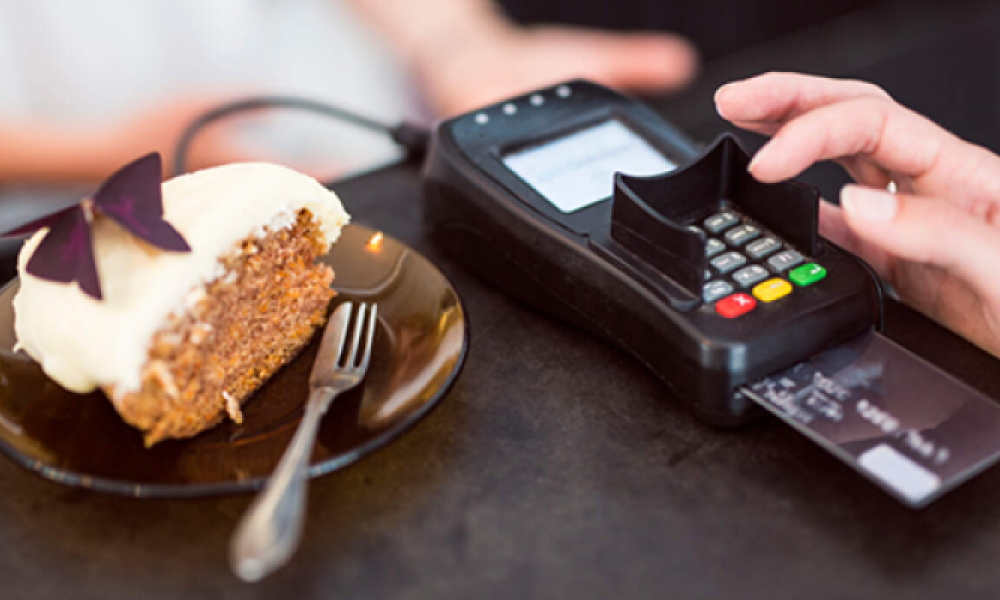Immediacy and ease of access are a significant part of the offer here. The Tigo Money Visa Card, which is available to Tigo Money consumers, can be obtained free of charge via the Tigo Money mobile app. This digital onboarding solution provides users to immediately access funds in the Tigo Money Wallet that they can use for online and physical payments. It also allows users to get a physical card that can be used worldwide wherever Visa is accepted. This solution, available to the 5 million+ Tigo Money users in the region, eases the path to bring more people into the financial system.[1]
The power of Digitalization payments to obtain financial Inclusion
There is enormous potential to achieve financial inclusion through digitalizing financial services. Every day, people make billions of dollars in cash payments in both developing and emerging markets. Digitalizing these payments can lead to better life quality for people with low income, especially women.
Inclusive digital financial services refer to mobile money, online accounts, electronic payments, insurance and credit, combinations of them and newer fintech apps, that can reach people who previously were financially excluded. If digital financial inclusion is provided responsibly, it can both drive growth and speed up progress toward solving other challenges linked to the SDGs. For example, it can enable Micro, Small and Medium enterprises (MSMEs) to reduce the cost of handling cash and increase access to consumer financing. Moreover, financial inclusion can help these enterprises build payment histories and credit scores that can result in greater access to financial options. [2]
According to the World Bank Findex 2021, digitalizing payments is a proven way to increase account ownership. In many high-income economies, the use of debit and credit cards are the main use of digital payments, but in developing economies fewer people have ownership of such cards. However, in developing economies many people own a mobile phone which could allow these economies to leapfrog directly to using mobile payments and, in that way, increase account ownership.[3]
New solutions like the one Tigo and Visa has made, make it possible for more people to take a bigger part in digital financial system as staying connected and being online is such an important part of the society today.
[1] https://millicom.gcs-web.com/news-releases/news-release-details/millicom-tigo-fintech-business-tigo-money-and-visa-collaborate




